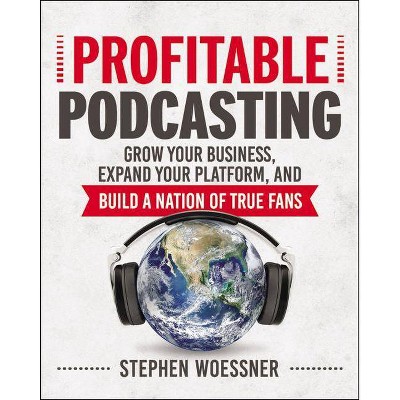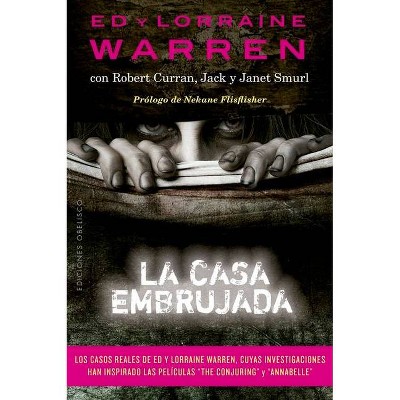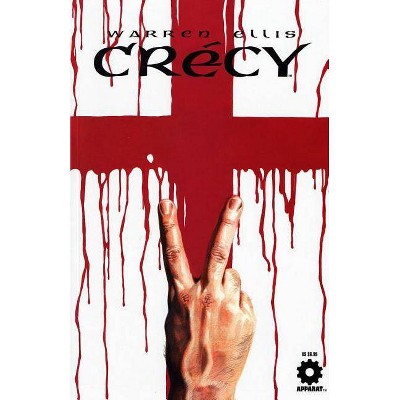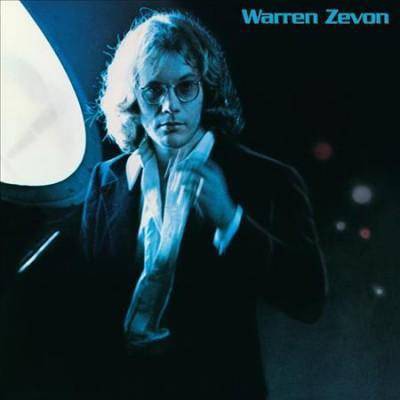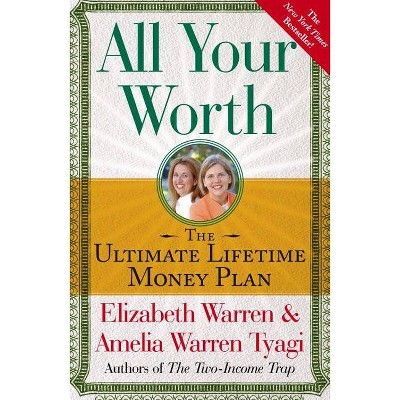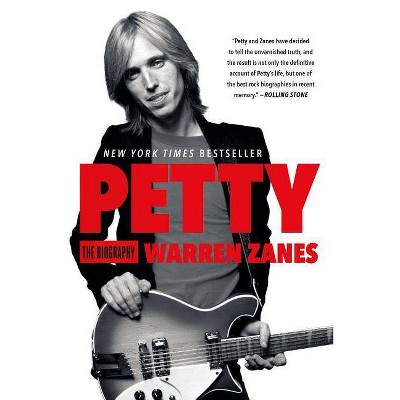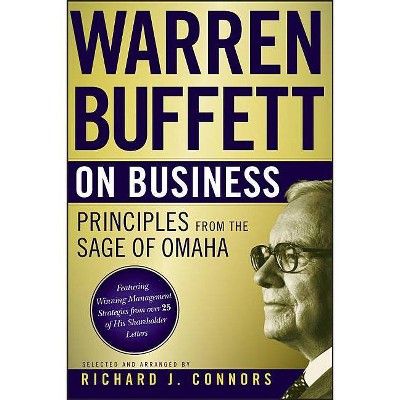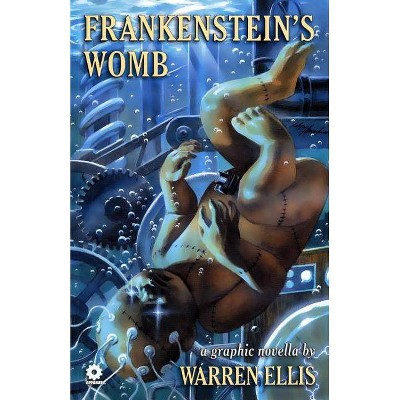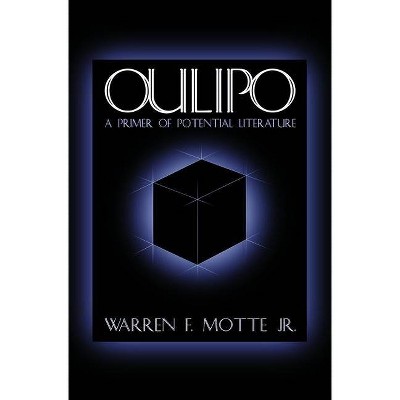Exit-Sky - by Warren Woessner (Paperback)
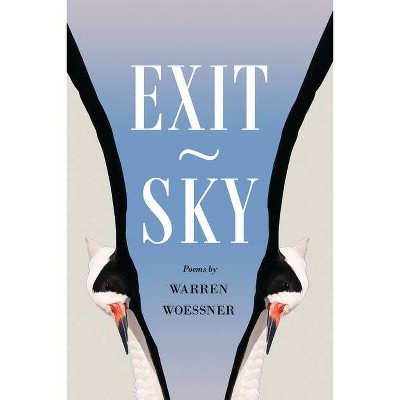
Similar Products
Products of same category from the store
AllProduct info
<p/><br></br><p><b> About the Book </b></p></br></br>A 50-poem collection, the first to be published by Woessner in a decade, are meditations that open up whole worlds via keen observations of the natural world and people.<p/><br></br><p><b> Book Synopsis </b></p></br></br><p><em>Exit-Sky</em> is a 50-poem poetry collection, the first to be published by Warren Woessner in a decade. While living an extraordinarily unique life as lawyer, scientist, and poet, Woessner has created an effecting style based on understatement and influences from Chinese poets like Han Shan and Li Po. These short poems may appear understated on the surface, but they are meditations that open up whole worlds via keen observations of the natural world and people. "Prairie Grass" Almost touching the snow banks, the thin stalks are bent down like old women, walking home from a country market, empty early. They are holding just a handful of seeds-- shopping baskets full of wind.</p><p/><br></br><p><b> Review Quotes </b></p></br></br><br>Review of Clear All the Rest of the Way (The Backwaters Press, 2008) by Ron Slate One of the occupational hazards of the poet is that even as he candidly expresses the feelings that inspire his poems, his language may begin to lag behind. Aging and the settled life seem to exact a price. The courage of one's emotions stays potent but draws a diminishing energy from the words chosen to give those emotions shape. The poet is now firmly in command of the language but not of his or her own wariness - of whatever materials or sounds lie just beyond one's settled range. Early in his career, Warren Woessner found a language suitably matched to a particular range of emotion, and he has stuck with it for 40 years. As a Cornell undergraduate in 1964, he took his first poetry writing class with a newly hired professor named A.R. Ammons. The early poems of Gary Snyder, Denise Levertov, and Robert Creeley, Kenneth Rexroth's translations of Japanese and Chinese poetry, and Ammons were Woessner's first influences. In 1966 he began graduate work in chemistry at the University of Wisconsin (Ammons also had a degree in chemistry). His Abraxas magazine, founded in 1968 with James Bertolino, was inspired by the kind of poetry featured in Naked Poetry, the influential anthology edited by Stephen Berg and Robert Mezey - imagistic and declarative, disavowing traditional form for the organic. By 1973, when Baxter Hathaway's Ithaca House published Landing, Woessner was working for Miles Laboratories in new drug research. Landing was actually Woessner's sixth title, but the first to find a broader audience. WAY TO GO At night it is a joy to drive toward home not too far away. The telephone poles are lost in thought. There is room to breathe. The farmyards sleep like dogs under the barn lights. Winnebago ghosts light slow fires in cornhusk tepees. A roadsign points the way to Eldorado but no one turns. Two white tractor tires mark a driveway outside Rosendale then the blue reflectors grow and fade. The lone radio station demands a decision for Jesus, but I am safe, buried in the hearts of the saved. There was talk then of a "poetry of place" - poems styled by submerging self-presentation into the scenery, discursiveness rejected for brevity, not only in the lengths of poems but in their intellectual strands. The modesty of "Way To Go" is the stubborn voice of observance in a turbulent world, what remains after pushing away the presence of politics and war of the early 70s. In 1967, Lucien Stryk published his anthology Poets of the Midwest, prefacing the poems with the touching hope that ordinary Midwesterners would "find it not only more possible to live with some measure of contentment among its [the Midwest's] particulars but even, miraculously, begin to love them and the poems they fill." Even so, he admitted that "for the poet there is normally very little interest in region as such. What matters to him is the manner in which the details of his world - be they silos, backyards, or city corners - affect his inner life." Woessner's mode as a poet, seemingly so understated, is in fact an exertion of balance between the story of the psyche (flattened by the details of reality) and the dominance of location (made accessible by language). His work itself is all but dominated by one sense, vision. He has almost no interest in varying syntax or tone, though some poems are somewhat more conversational. The encounter with the poem is designed to be as ephemeral as a sudden view of geese in flight. The slight, unembellished comment, entrusted with sufficiency, implies that the overt gesture of psychological depth is a con game. Disinterested as well in old losses except to display the peace of mind to defuse them, Woessner's tone is evenly calm. He is a nostalgist of authenticity, celebrating the ways in which an actual world inspires clear insight. Clear All the Rest of the Way collects his self-selected best work since 1987. The title underscores Woessner's confident, direct manner - clarity, optimism, manageable sadness. The absence of complexity is not an omission or flaw but a statement of belief in the basic impulse of poetry. LETTER TO ANNE FROM RUTHERFORD Dearest Anne: I'm waiting for a midnight bus after too few drinks and a poetry reading where the kids weren't sure who Nat King Cole was and didn't know me at all. I lost faith in the stories I guess and lectured them like I often talked at you - on poetry, music or sex - which never works. I'm not sure who learned the least those years we cashed like Grandma's bonds, but only you were young. Pass go again, I'll wait out my turns in jail or on this corner in the snow. The bus will come, and for once, love won't mind waiting at the end of the line. If the winos let me sleep I'll dream of you. Love, Warren woessner.jpgThe first section of the book, "Blue As Hell," includes poems spoken from the city. In "New York Saturday," a cardinal landing on a balcony is the start (and end) of a quick tour of the neighborhood, O'Hara-style: "so I get a slice and a Coke at Salerno's / where I'm the only customer, then an ice / across the street, then the bus / which drops me off, full circle, at home / where I really mean to stay in and clean up / but a cardinal lands on the balcony." Woessner grew up in smalltown New Jersey but his family has Wisconsin roots, and these melancholic New York poems are miniature desires for something beyond the apartment walls and streets - the sky is blue as hell. But the rest of the book finds the speaker in several more native locales, the birder with binoculars, the man finding solace in simplicity and conventional sentiment: "feeling the earth tilt / toward the light, / right then and there. / I know new life will arise -- / water will flow, crops / will grow, I know / I'll be right again." Ted Kooser is one of the blurbers on the back cover, and his endorsement is also a statement of affiliation. Woessner is one of a group of Midwest poets who have long enjoyed an affinity for terseness and a constant use of certain materials: animal and plant life, town and farm, downhome culture. Woessner's range may be too limited for many readers. But the steady belief in the constancy of this way of speaking is an ethos so deeply rooted that Woessner's poetry seems to draw a continuously flowing energy from his own words. There is courage in not insisting on more. [Published March 1, 2008, 93 pp., $16.00]<br><p/><br></br><p><b> About the Author </b></p></br></br>Warren Woessner is the Senior Editor of Abraxas, which he co-founded in 1968. He also was a co-founder of WORT-FM in Madison, WI. Five collections of his poetry have been published, most recently Clear All the Rest of the Way (The Backwaters Press). He has received Fellowships in Poetry from the NEA, the Wisconsin Arts Board and the McKnight Foundation. Warren holds a Ph.D. in chemistry and a J.D. from the University of Wisconsin, Madison. He co-founded Schwegman, Lundberg & Woessner in 1993, where he works as a biotechnology patent attorney. Woessner's poetry has been widely published and anthologized, including in periodicals and reviews, including Poetry, Poetry Northwest, the Nation, 5 AM, Nimrod, Midwest Quarterly and The Beloit Pooetry Journal. He won the Minnesota Voices Competition sponsored by New Rivers Press in 1986.
Price History
Price Archive shows prices from various stores, lets you see history and find the cheapest. There is no actual sale on the website. For all support, inquiry and suggestion messagescommunication@pricearchive.us
